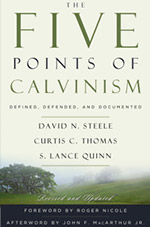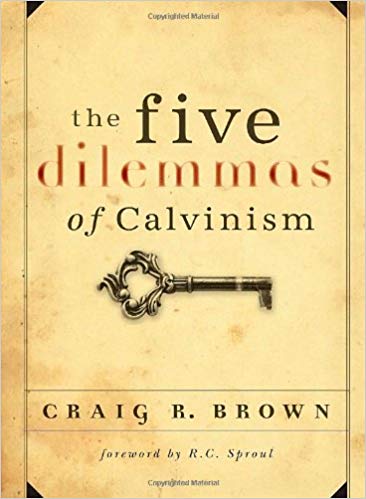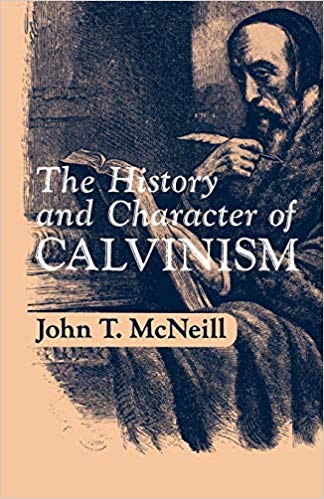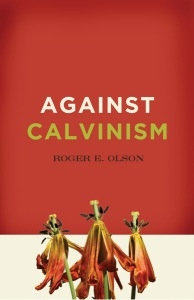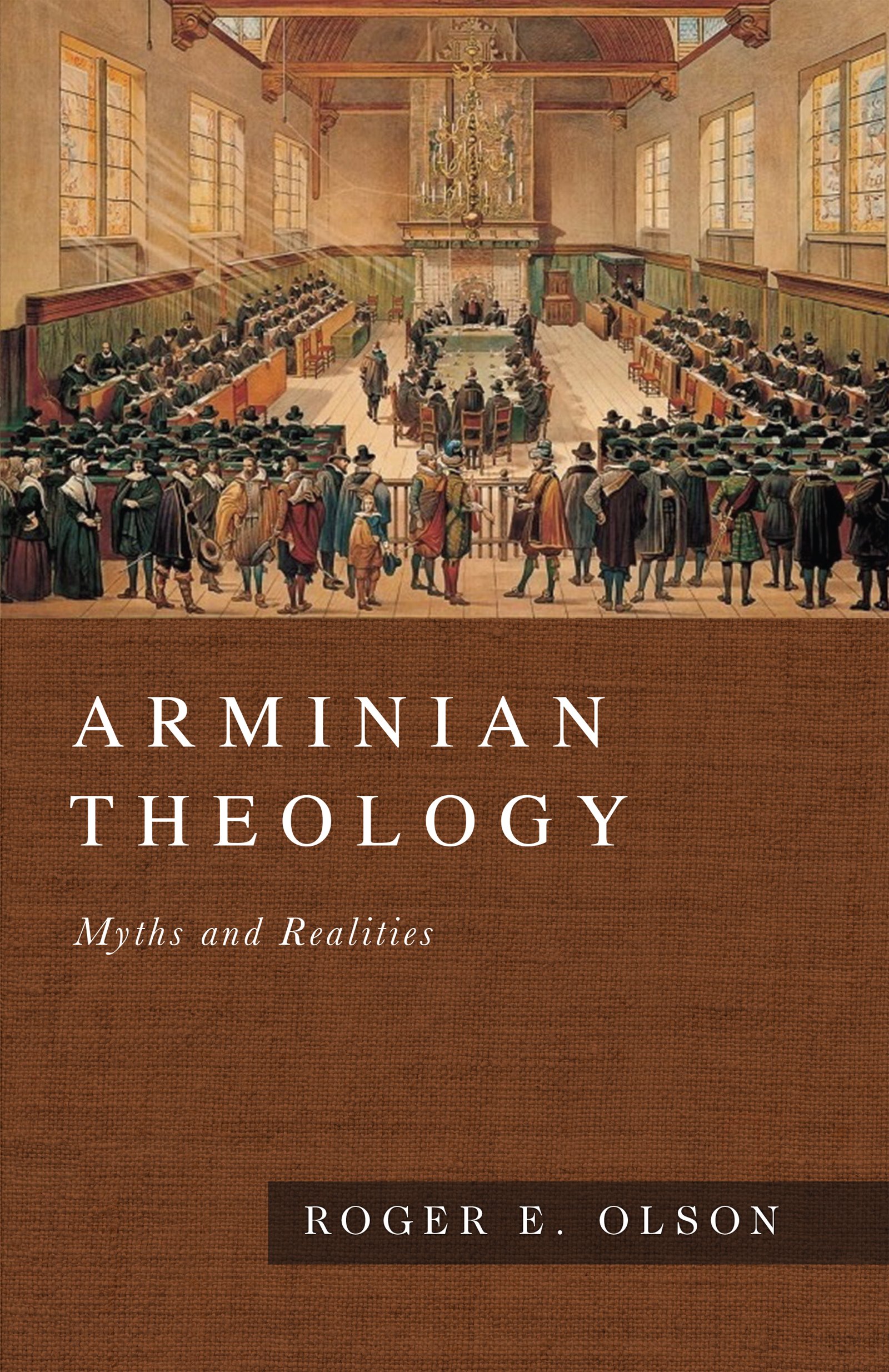The Nature of Fallen Humanity
This chapter explores whether the Wesleyan concept of prevenient grace can be supported from the Scriptures. Before examining this question, I want to emphasize that there is a significant area of common ground between Wesleyans and Calvinists. The disagreements that we have in some areas can cause us to overlook the extent to which we agree on major doctrines. In one arena of theology, namely, anthropology, the harmony between Wesleyans and Calvinists is of the utmost importance and our harmony in this area should be celebrated. Both camps acknowledge that fallen human beings are born with a corrupt nature that is in bondage to sin, and that human beings can do no good apart from the grace of God.
To sketch in the biblical data on the human condition since the fall is helpful. Thereby we will see the extent to which Wesleyans and Calvinists agree, and the gulf that the Wesleyan understanding of prevenient grace creates between Arminians and Calvinists will also be illuminated. Paul teaches that all human beings are born with a corrupt nature inherited from Adam (Rom. 5:12-19). Without specifying the precise connection between Adam’s sin and our condemnation-which is itself the subject of a long theological controversy-it is clear from the text that we are sinners because of Adam’s sin.[1] Through Adam’s sin we died (Rom. 5:15, 17), are condemned (Rom. 5:16, 18), and are constituted as sinners (Rom. 5:19).[2]
Harmonizing with this portrait of humanity in Romans 5 is Ephesians 2:3, which says we are by nature ”objects of wrath.” Human beings by nature (physei) are deserving of wrath, indicating that they are all born with a nature that is sinful. The near context in Ephesians 2 confirms the depth of human depravity. Human beings are ”dead in transgressions and sins” (Eph. 2:1; cf. 2:5 and Col. 2:13). The deadness of fallen humanity indicates that we are devoid of life upon our entrance into the world. We have no inclination toward genuine righteousness or goodness. Paul proceeds to say in Ephesians 2:2-3 that we lived under the sway of the world, the devil, and the flesh before conversion.
What is in the consciousness of those who are under the control of the ”flesh”? There is not necessarily a conscious awareness of rebellion against God. Life in the flesh consists in ”gratifying the cravings of our sinful nature and following its desires and thoughts” (Eph. 2:3). The desires of people who are “by nature objects of wrath” are naturally and instinctively sinful desires. In other words, unregenerate people sm by merely doing what they wish to do, by carrying out the motivations that are in their hearts. Sinful desires dominate those who are in the flesh.
Is there biblical warrant for saying that the desires of the unregenerate are dominated by sin? Ephesians 2:3 suggests such a conclusion in saying that people are dead in trespasses and sins and that they are ”by nature objects of wrath.” The trespasses and sins flow from a nature that is sinful and warrants God’s wrath. Titus 3:3 confirms such a conclusion. ”At one time we too were foolish, disobedient, deceived and enslaved by all kinds of passions and pleasures. We lived in malice and envy, being hated and hating one another.” Note here that Paul says that we were ”enslaved by all kinds of passions and pleasures” (italics added). It is fair to conclude that people who are enslaved by their own desires are under the domination and tyranny of sin. This kind of tyranny is not externally coerced. People do what they want to do, in that they pursue their own pleasures and desires. Nonetheless, to describe this pursuit of their own desires as slavery because they have no desire, inclination, or aspiration to do good is appropriate.
The bondage of the will, then, is a slavery to our own desires. Unregenerate human beings are captivated by what they want to do! Jesus himself diagnosed sinning as an indication of slavery. ”Everyone who sins is a slave to sin” (John 8:34; cf. 2 Pet. 2:19). Paul confirms that unregenerate people are slaves of sin. He reminds the Romans that ”you are slaves to sm” (Rom. 6:17) and speaks of the time ”when you were slaves to sin” (Rom. 6:20). They had presented ”the parts of [their] bod[ies] in slavery to impurity and ever-increasing wickedness” (Rom. 6:19). Believers have been crucified with Christ ”so that the body of sin might be done away with, that we should no longer be slaves to sin” (Rom. 6:6). If Christ died so that we should no longer be slaves to sin, the clear implication is that we were formerly slaves to sin. Sin is described in Romans 6 as a power that holds its captives in thralldom. Unbelievers are enslaved to sin in the sense that all they want to do is sin. They are free to do what is good in the sense that they have opportunities to do so. They fail to avail themselves of these opportunities, however, because they do not desire to do what is good. The captivity of sin is so powerful that they always desire to sin.
Do unregenerate human beings always sin? Is there not some good in their lives? We are not saying that they are as evil as they can possibly be. Jesus says, ”… you then, though you are evil, know how to give good gifts to your children” (Luke 11:13). If people were as evil as they possibly could be, they would not desire to give good things to their children. They would presumably find ways to inflict only evil upon their children. Unbelieving parents often love their children and their friends (cf. Matt. 5:46-47). They also may do much that is good for society. It should be noted that Jesus still says that they are evil. Evil people still give good gifts to their children and do kind things for other people.
If people are not as sinful as they can possibly be, then in what sense are they slaves to sin? It is crucial to establish a biblical definition of sm. Of course, sin consists in disobeying the law (1 John 3:4). But the root of sin is much deeper than this. Romans 1:21-25 clarifies that the heart of sin is failing to glorify God as God. The heart of sin is a belittling of God and a scorning of his glory, which involves a failure to glorify and thank him (Rom. 1:21). As Romans 3:23 says, ”All have sinned and fall short of the glory of God.” Sinners do not give God the supreme place in their lives but exchange ”the glory of the immortal God for images made to look like mortal man and birds and animals and reptiles” (Rom. 1:23). In other words, people ”served created things rather than the Creator” (Rom. 1:25). Sin is not first and foremost the practice of evil deeds but an attitude that gives glory to something other than God. People may be loving to their children and kind to their neighbors and never give a thought to God. The essence of sin is self-worship rather than God-worship. The serpent persuaded Eve and Adam to eat the fruit of the tree by promising them that they would ”be like God” (Gen. 3:5). They could dispense with God and worship themselves; they would worship the creature rather than the Creator.
Such a conception of sin helps us understand how people can perform actions that externally conform with righteousness yet remain slaves of sm. These actions are not motivated by a desire to honor and glorify God as God.
They are not done out of an attitude of faith, which brings glory to God (Rom. 4:20). Faith brings glory to God because he is seen to be the all-powerful one who supplies our every good, and thus is deserving of praise and honor. Actions that externally conform with righteousness may still be sin, in that they are not done for God’s glory and by faith. The necessity of faith is underscored by Romans 14:23, where Paul notes that ”everything that does not come from faith is sin.” Slavery to sin does not mean that people always engage in reprehensible behavior. It means that the unregenerate never desire to bring glory to God, but are passionately committed to upholding their own glory and honor. Of course, the power of sin is such that all have fallen short of conformity with God’s law (Rom. 1:18-3:20). No one has perfectly done all that the law requires. The extent of our slavery to sin is, however, even deeper than this. It is not merely that the ”sinful mind is hostile to God” (Rom. 8:7). It is also true that it ”does not submit to God’s law, nor can it do so” (Rom. 8:7). Those in the flesh have an intense hatred of God burning within them, whether they are conscious of this or not. Moreover, they have no ability to keep God’s law. Paul is not saying that there is no opportunity to keep the law. Nor is he saying that people want to keep the law, but God prevents them from keeping it. His point is that those in the flesh have no moral ability to keep the law perfectly or to glorify God. The power of sin is so great that they ”cannot please God” (Rom. 8:8) and do his will. They are slaves to sin.



